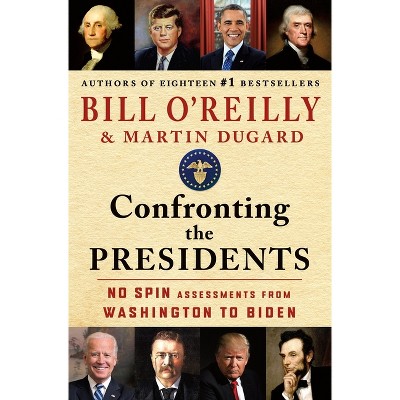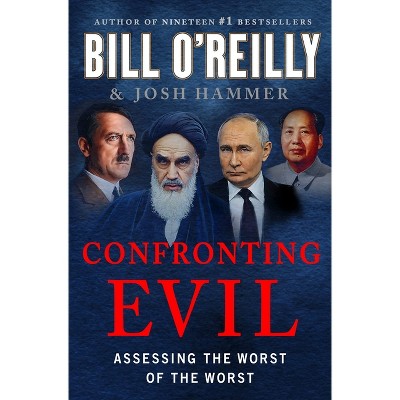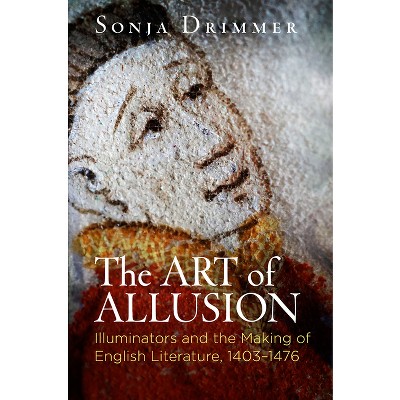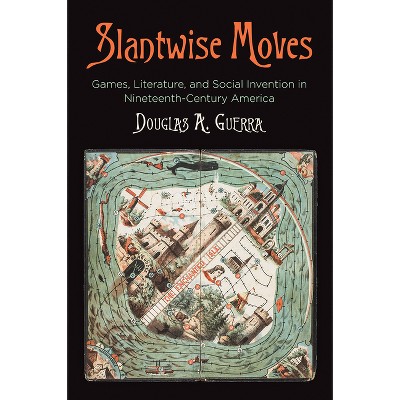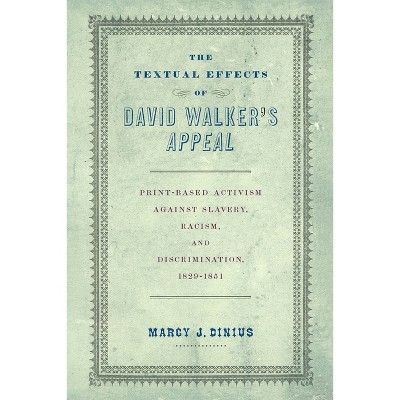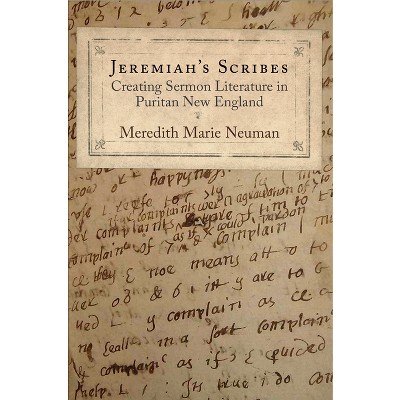Star Territory - (Material Texts) by Gordon Fraser (Hardcover)

About this item
Highlights
- The United States has been a space power since its founding, Gordon Fraser writes.
- About the Author: Gordon Fraser is Lecturer and Presidential Fellow in American Studies, University of Manchester.
- 264 Pages
- History, United States
- Series Name: Material Texts
Description
About the Book
"The cosmic aspirations of present-day United States nationalists are not recent developments. Efforts to control and exploit the universe have deep roots in the nineteenth century. From John Adams to military explorer John C. Frâemont to astronomer Maria Mitchell, officials and agents of the United States participated in a large-scale effort to map the new nation onto cosmic space, what Henry David Thoreau referred to as "star territory." Many nineteenth-century dissenters against an emerging regime of U.S. space power saw in the tools of astronomy, land surveying, and navigation a means of producing alternatives to that regime"--Book Synopsis
The United States has been a space power since its founding, Gordon Fraser writes. The white stars on its flag reveal the dream of continental elites that the former colonies might constitute a "new constellation" in the firmament of nations. The streets and avenues of its capital city were mapped in reference to celestial observations. And as the nineteenth century unfolded, all efforts to colonize the North American continent depended upon the science of surveying, or mapping with reference to celestial movement. Through its built environment, cultural mythology, and exercise of military power, the United States has always treated the cosmos as a territory available for exploitation.
In Star Territory Fraser explores how from its beginning, agents of the state, including President John Adams, Admiral Charles Henry Davis, and astronomer Maria Mitchell, participated in large-scale efforts to map the nation onto cosmic space. Through almanacs, maps, and star charts, practical information and exceptionalist mythologies were transmitted to the nation's soldiers, scientists, and citizens. This is, however, only one part of the story Fraser tells. From the country's first Black surveyors, seamen, and publishers to the elected officials of the Cherokee Nation and Hawaiian resistance leaders, other actors established alternative cosmic communities. These Black and indigenous astronomers, prophets, and printers offered ways of understanding the heavens that broke from the work of the U.S. officials for whom the universe was merely measurable and exploitable. Today, NASA administrators advocate public-private partnerships for the development of space commerce while the military seeks to control strategic regions above the atmosphere. If observers imagine that these developments are the direct offshoots of a mid-twentieth-century space race, Fraser brilliantly demonstrates otherwise. The United States' efforts to exploit the cosmos, as well as the resistance to these efforts, have a history that starts nearly two centuries before the Gemini and Apollo missions of the 1960s.Review Quotes
"
A work of magisterial historiography, Star Territory operates bicamerally to reveal nineteenth-century
astronomical efforts to shore up U.S. power alongside counterefforts to undermine or redirect it...[The book's] treatment of the nineteenth century is both luminous and exhaustive.
About the Author
Gordon Fraser is Lecturer and Presidential Fellow in American Studies, University of Manchester.Shipping details
Return details
Trending History
